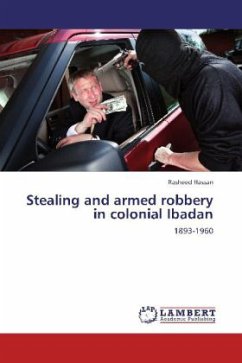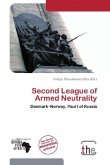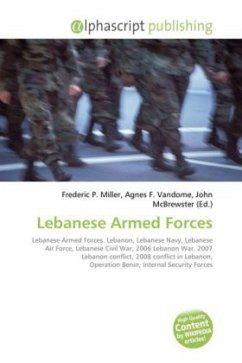Stealing and robbery is regarded as social deviant act in any African society. It is seen as an act that must not be condoned in the society. In many African societies, it is seen as religious infringing behaviour. This is why, in the traditional African societies, various measure were put in place to ensure that there was no thief and if any, severe punishment was meted out on such. Among the Yoruba of Nigeria, reactions to stealing and robbery take a shape similar to the above. Thieves are regarded as canker warm which must be eliminated at all cost. Anybody who is caught stolen has not only caused shame to himself but to his entire compound. A Yoruba saying, such as omo abiiko(a child who was not trained from home) is used as a derogatory statement which attributes a child deviant act to failure of the parents to give him/her adequate training. Unarguably, stealing and robbery gained prominence during the pre-colonial Ibadan and it graduated into a more organised profession during the colonial period. All over the Yorubaland, Ibadan was constantly referred to as the most dangerous place to live in with a phenomenal rise in the activities of robbers.



